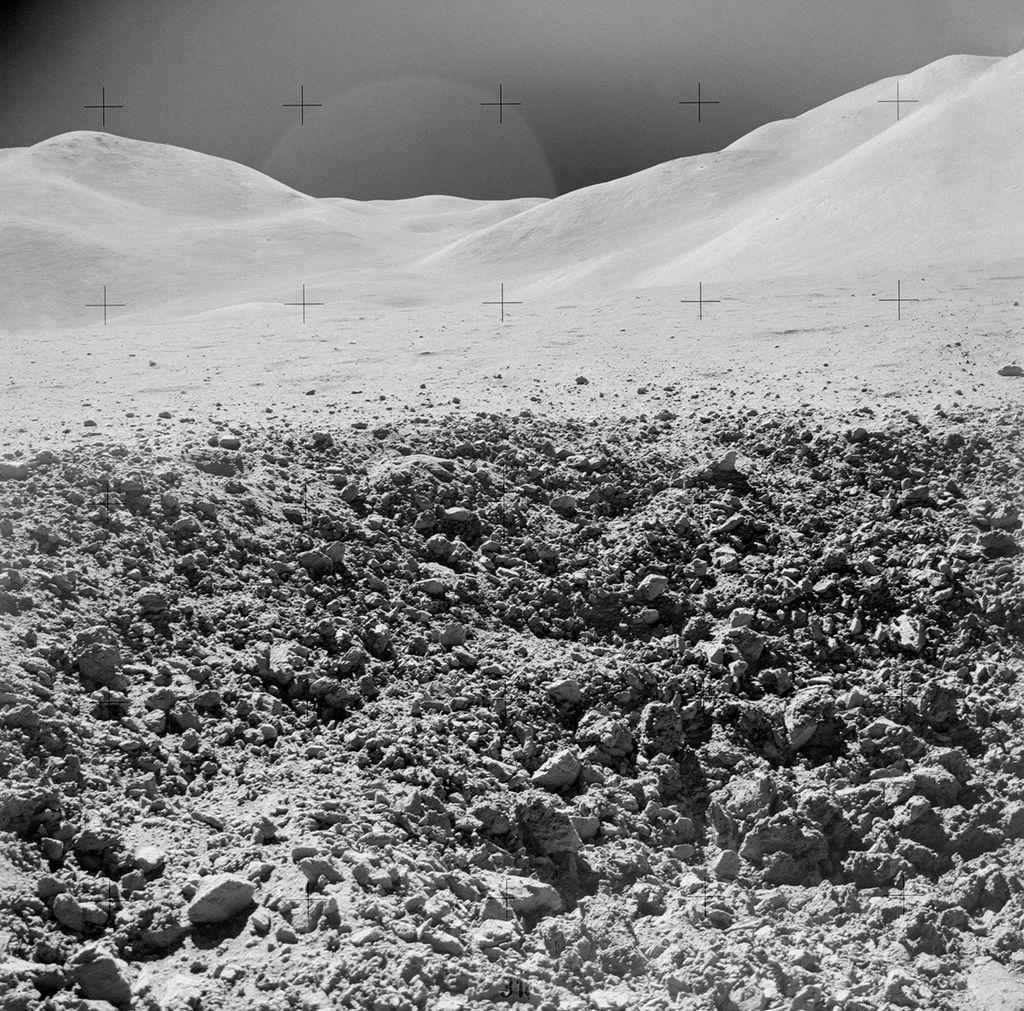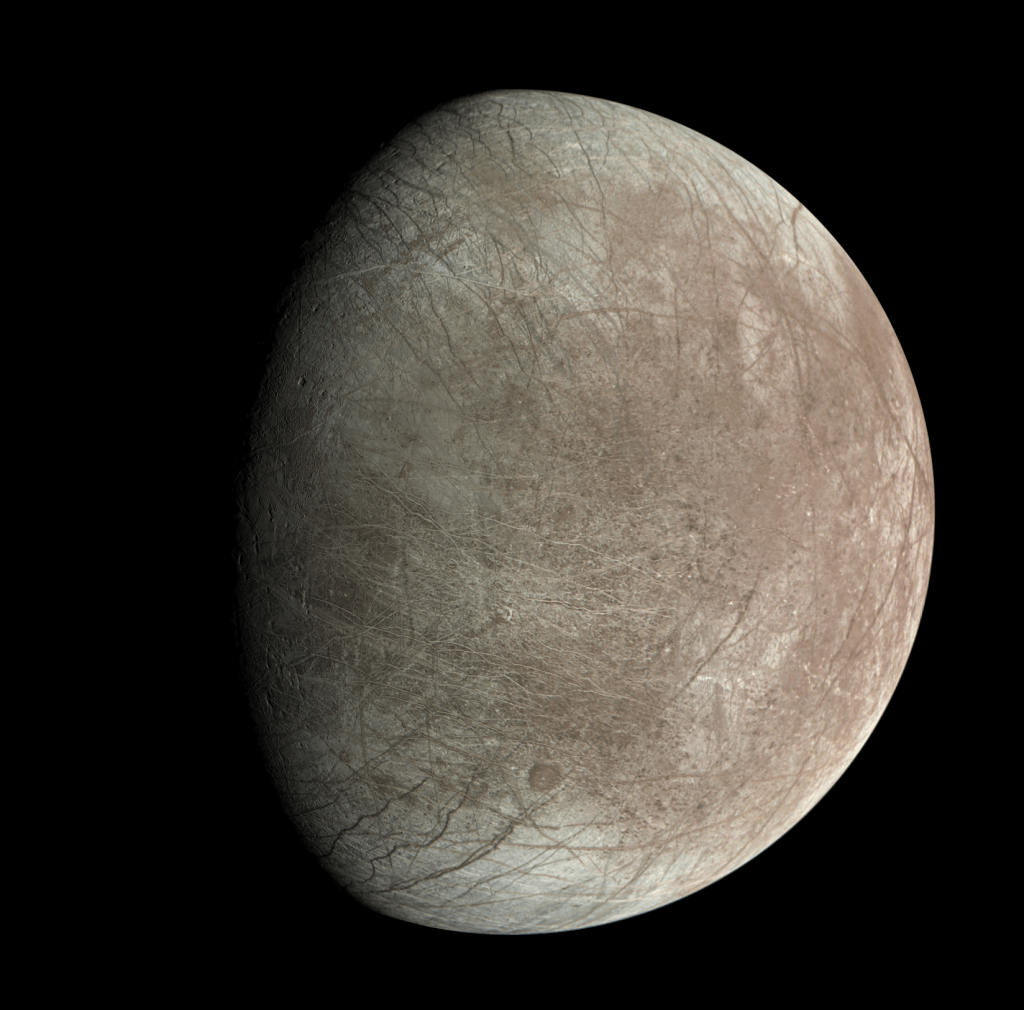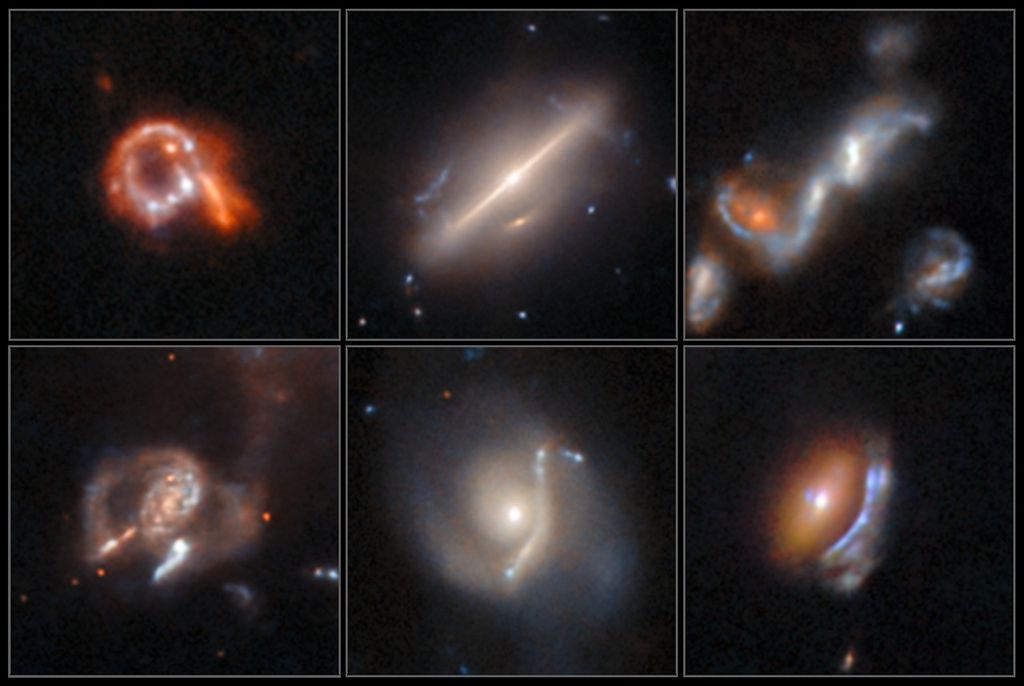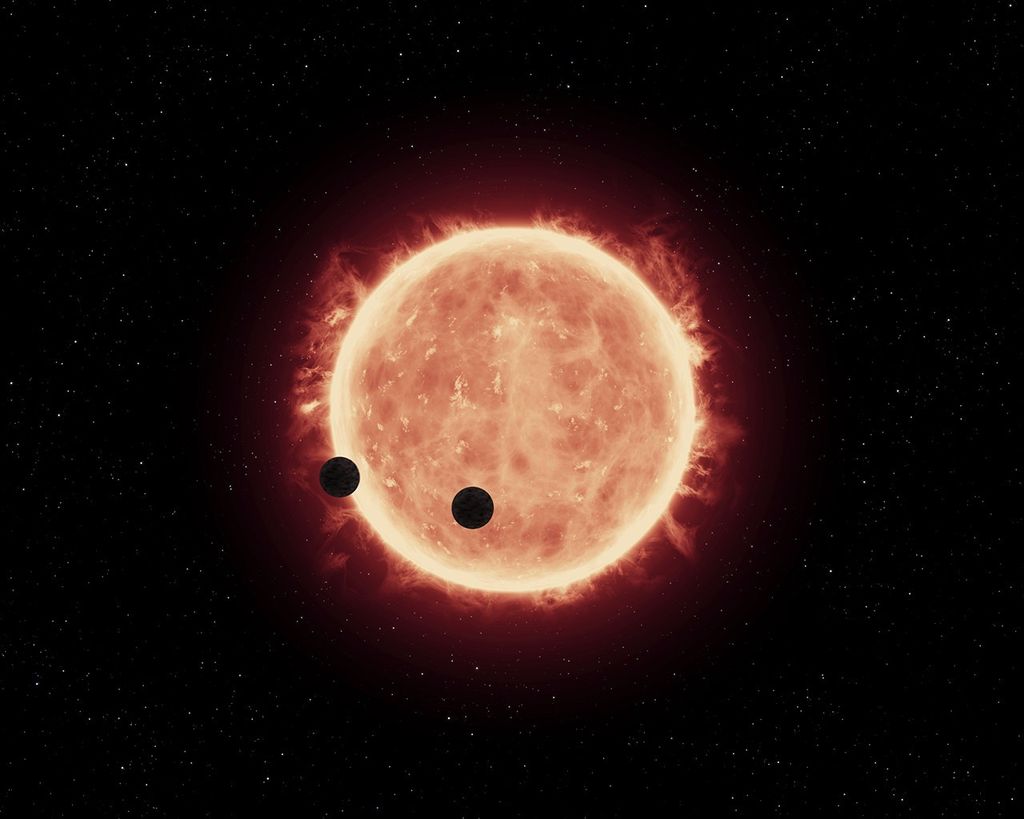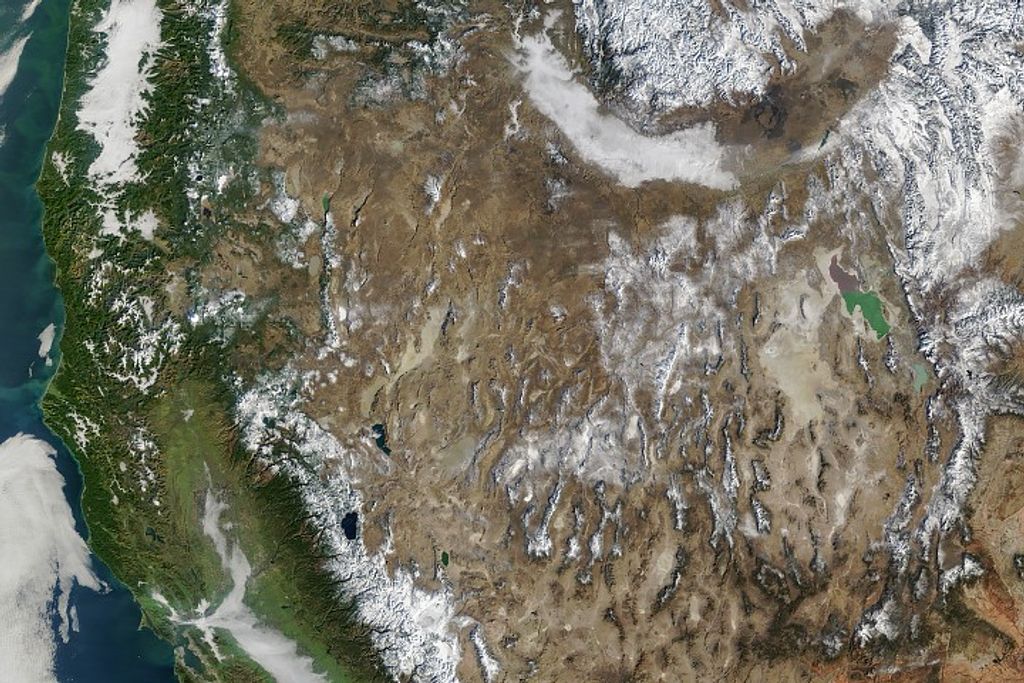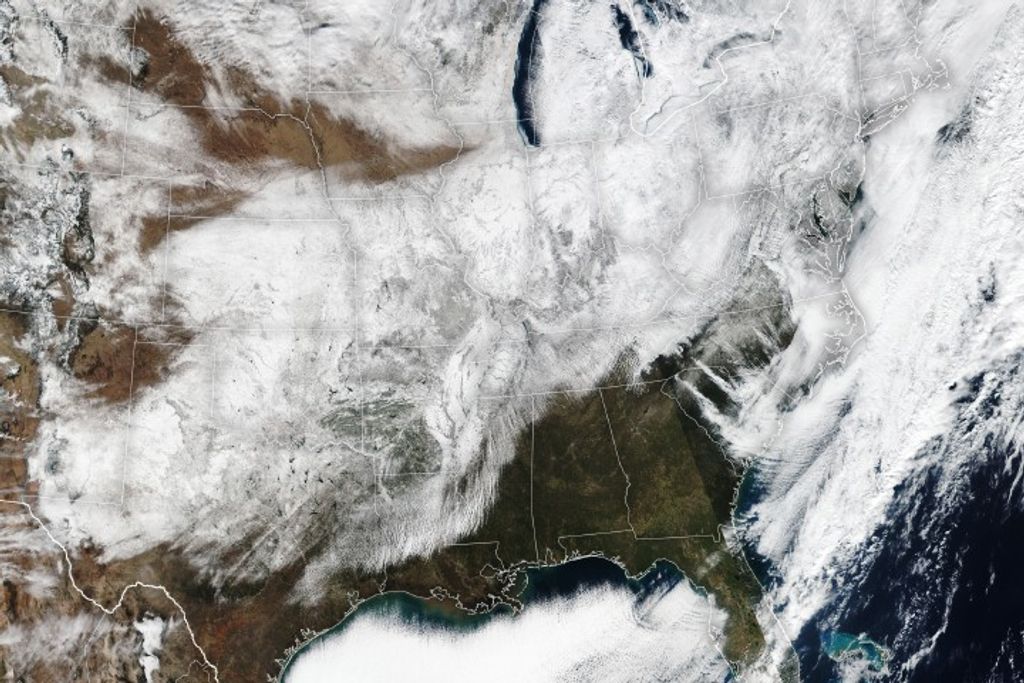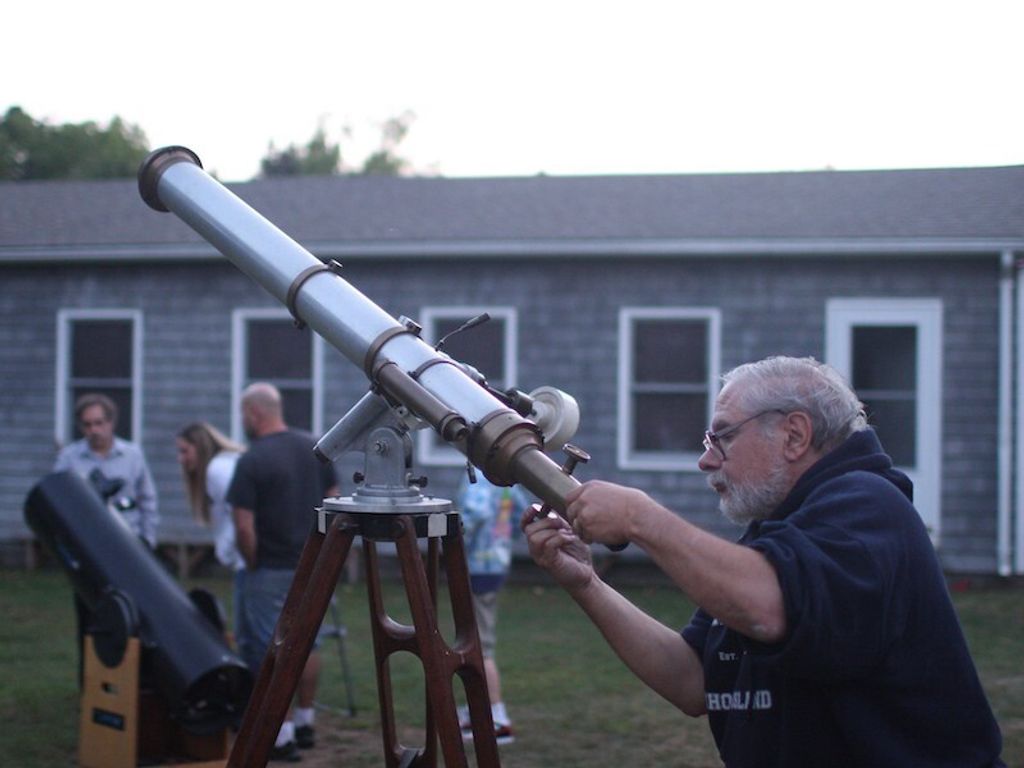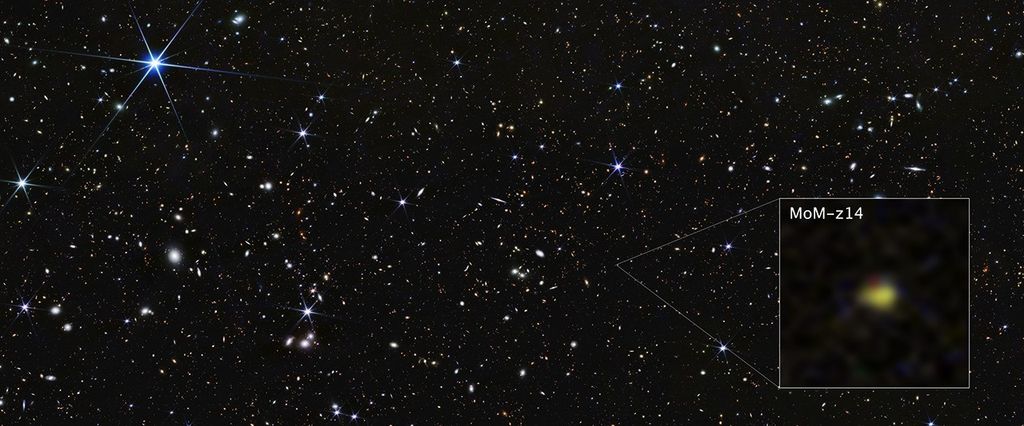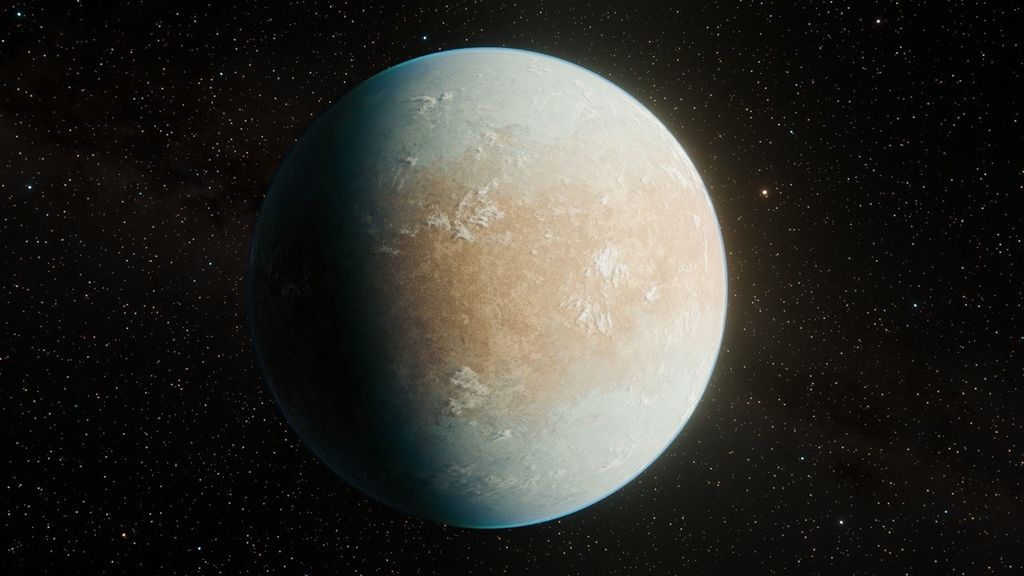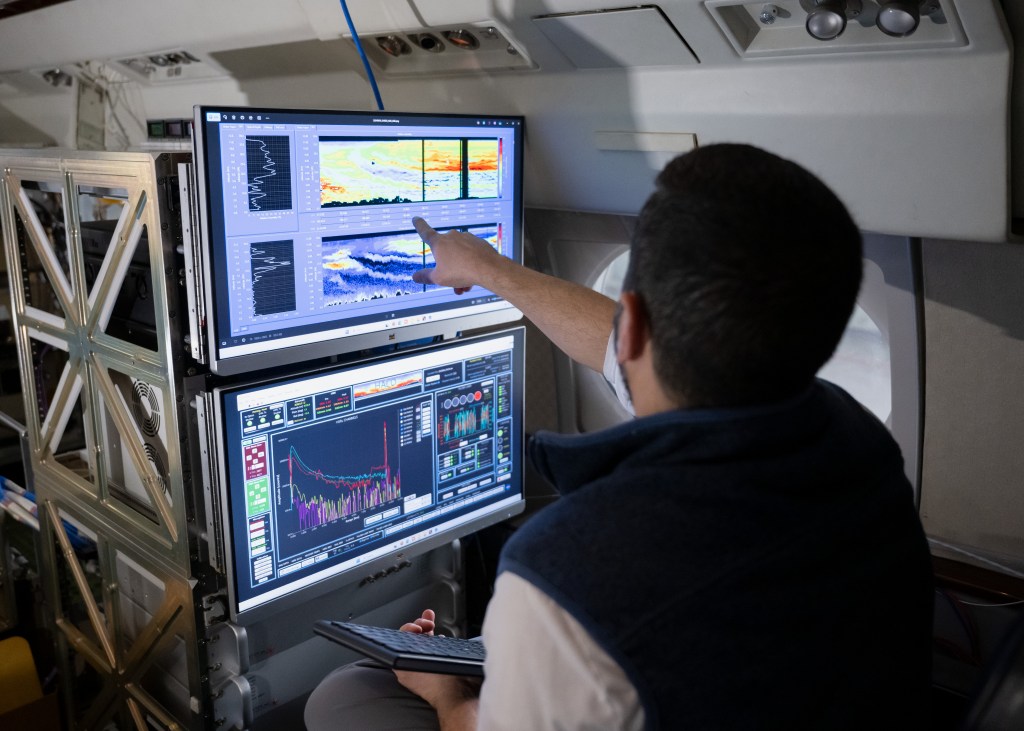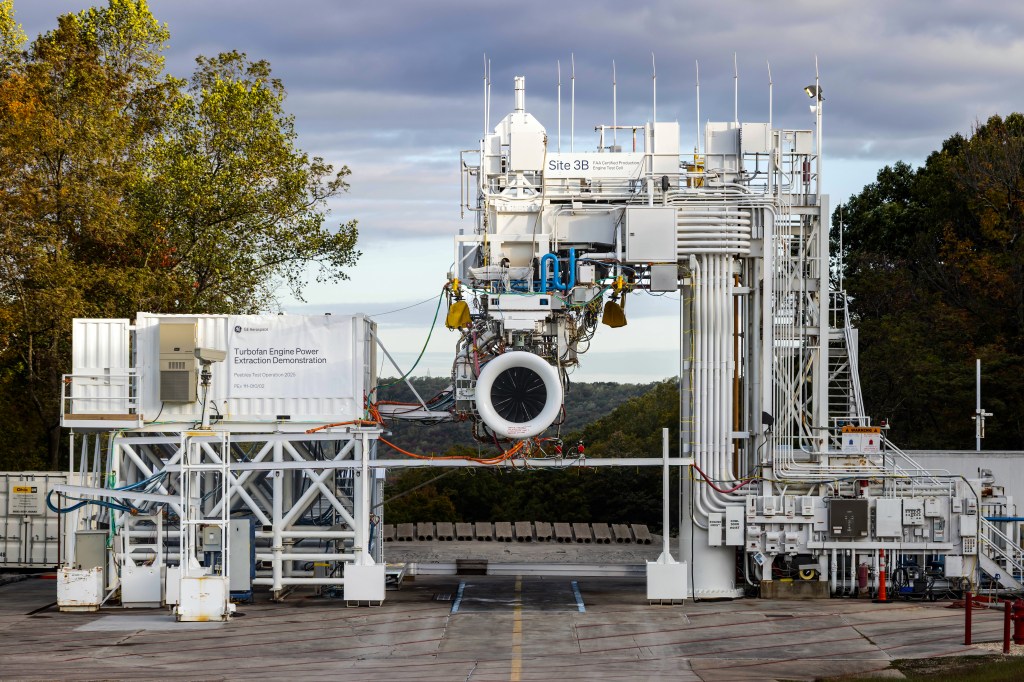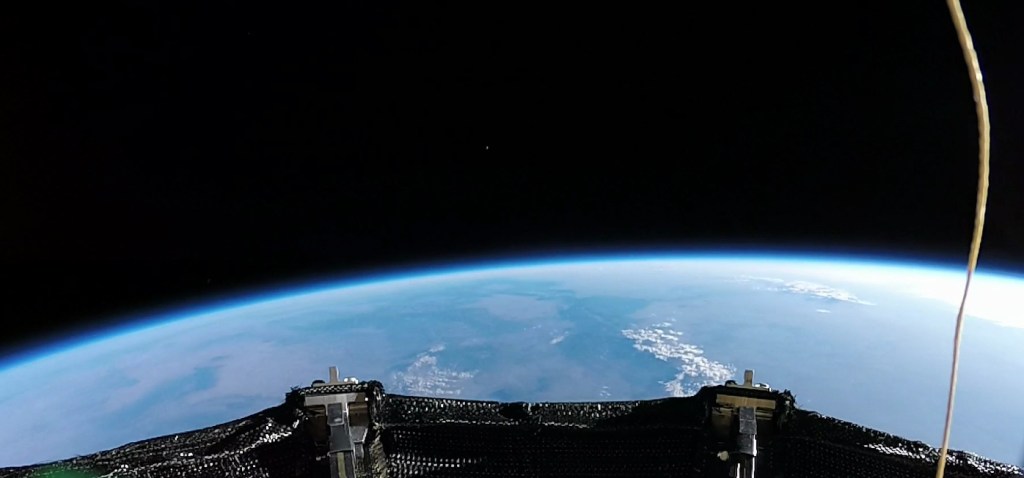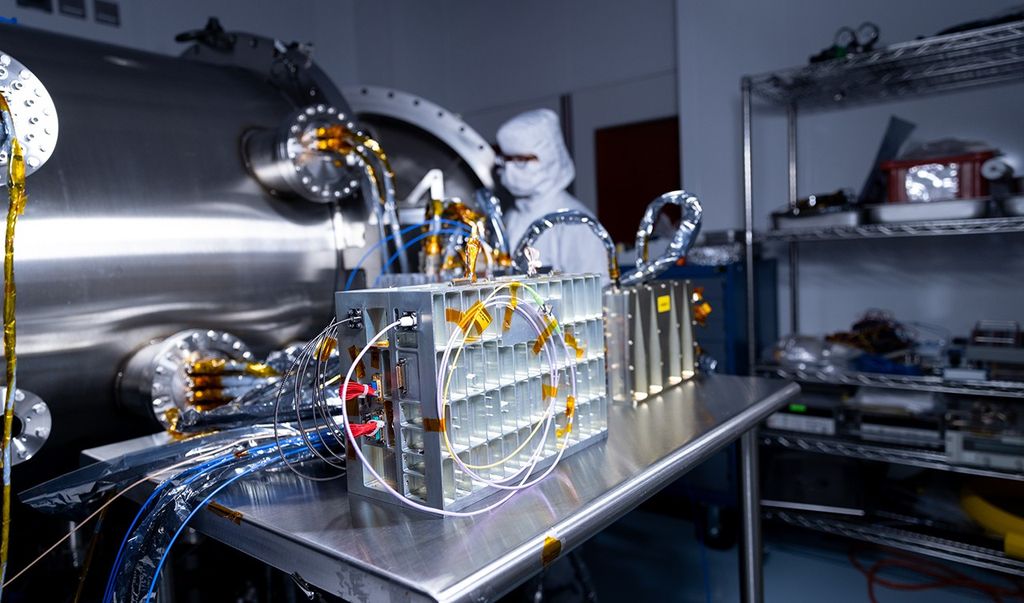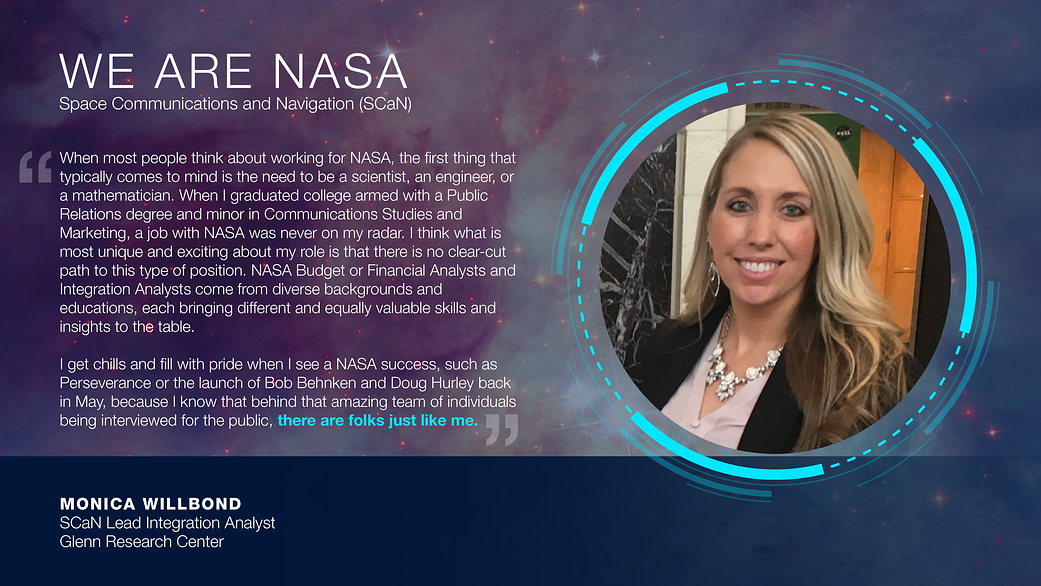What makes your job at NASA exciting or unique?
When most people think about working for NASA, the first thing that typically comes to mind is the need to be a scientist, an engineer, or a mathematician. When I graduated college armed with a Public Relations degree and minor in Communications Studies and Marketing, a job with NASA was never on my radar. Like many, my first job was in a field that wasn’t directly tied to my line of study, but it proved to be a pathway to the career I have today. I was working in analytics for a small company, when I heard about an opportunity to work for a contractor supporting the Office of the Chief Financial Officer (CFO) NASA’s Glenn Research Center. I applied, was offered a position, and started my new career focusing on data and financial analysis. In the years that followed, I fully immersed myself into the financial world, learning all that I could about financial analytics, resources management, and the Federal budget process. That said, I think what is most unique and exciting about my role is that there is no clear-cut path to this type of position. NASA Budget or Financial Analysts and Integration Analysts come from diverse backgrounds and educations, each bringing different and equally valuable skills and insights to the table. Much of what I do has been shaped by the experiences and knowledge gained through my role, but I love that I am also able to use some of what I learned in my prior education in my day to day work activities, even though there isn’t an immediately obvious correlation between the two. An important part of my job is integrating and understanding various data points that are integral to a project’s health (e.g., budget, schedule, risk) and communicating that story in a way that allows stakeholders to make informed, relevant decisions. My background in Public Relations and Communications has equipped me to perform this role for the Project Management team and the Office of the CFO and enabled me to bring a different perspective to the integration, reporting, and ultimate storytelling of the data.
How does your job contribute to the Artemis missions and beyond?
We recently witnessed the Perseverance rover land on Mars, and I eagerly tuned into the events and interviews leading up to the final descent and landing. Throughout that period of time, the world had the opportunity to meet and hear stories from the individuals who were essential to the technology, mission operations, and leadership leading to the success of the design, launch, and landing of the rover. I get chills and fill with pride when I see a NASA success, such as Perseverance or the launch of Bob Behnken and Doug Hurley back in May, because I know that behind that amazing team of individuals being interviewed for the public, there are folks just like me: Financial Analysts and Cost Estimators running and rerunning the numbers; Schedulers ensuring the project remains on plan; Risk Managers identifying, quantifying, and tracking potential project hazards; Configuration Managers increasing efficiencies through rigorous monitoring and controlling; Acquisition Managers and teams ensuring the project’s objectives are accomplished through the procurement process; and ultimately myself, the Lead Integration Analysts, Project Planning & Control Leads, and Business Managers who consolidate all of this unique data and information together to ensure that our technical colleagues and Project Management teams have the tools and information needed for mission success. We are all one NASA and stewards to the public we serve. Each one of us plays a fundamental part in keeping the agency strong and enabling the amazing things that NASA is able to accomplish.
Who was your inspiration growing up?
It’s hard to pinpoint a specific person who really inspired me growing up. There wasn’t necessarily a public figure or celebrity who drove me to want to be a certain someone or pursue a particular career. When I think back to my past accomplishments and my goals for the future, I believe my success really comes down to my desire for my parents and family to be proud of me. They instilled in me the mindset that if I am genuine, kind, and hardworking, I can do anything that I put my mind to. That advice hasn’t failed me yet, and I hope to instill the same perspective in my daughter. I want her to see her parents work hard and achieve their goals knowing that she can do anything that she puts her mind to, just like them. There might be detours and roadblocks along the way, but the journey will ultimately lead to a really good place.
What’s your favorite thing about working for NASA?
Aside from the really cool things I get to see and be a part of and the amazing people I have the opportunity to meet, I would say that my favorite thing about working for NASA is getting to share my experiences with my daughter. She is currently two years old, and one of her favorite things is pointing out the Moon, either through her bedroom window, if it’s aligned just right, or in the car. Every time she does, I smile to myself knowing that one day she will recognize that mommy’s work (NASA) is working to put people on the Moon, and then Mars. Sometimes I tell her that now, and she thinks it’s just the greatest thing, but one day she will really understand, and I can’t wait to share that moment with her.


